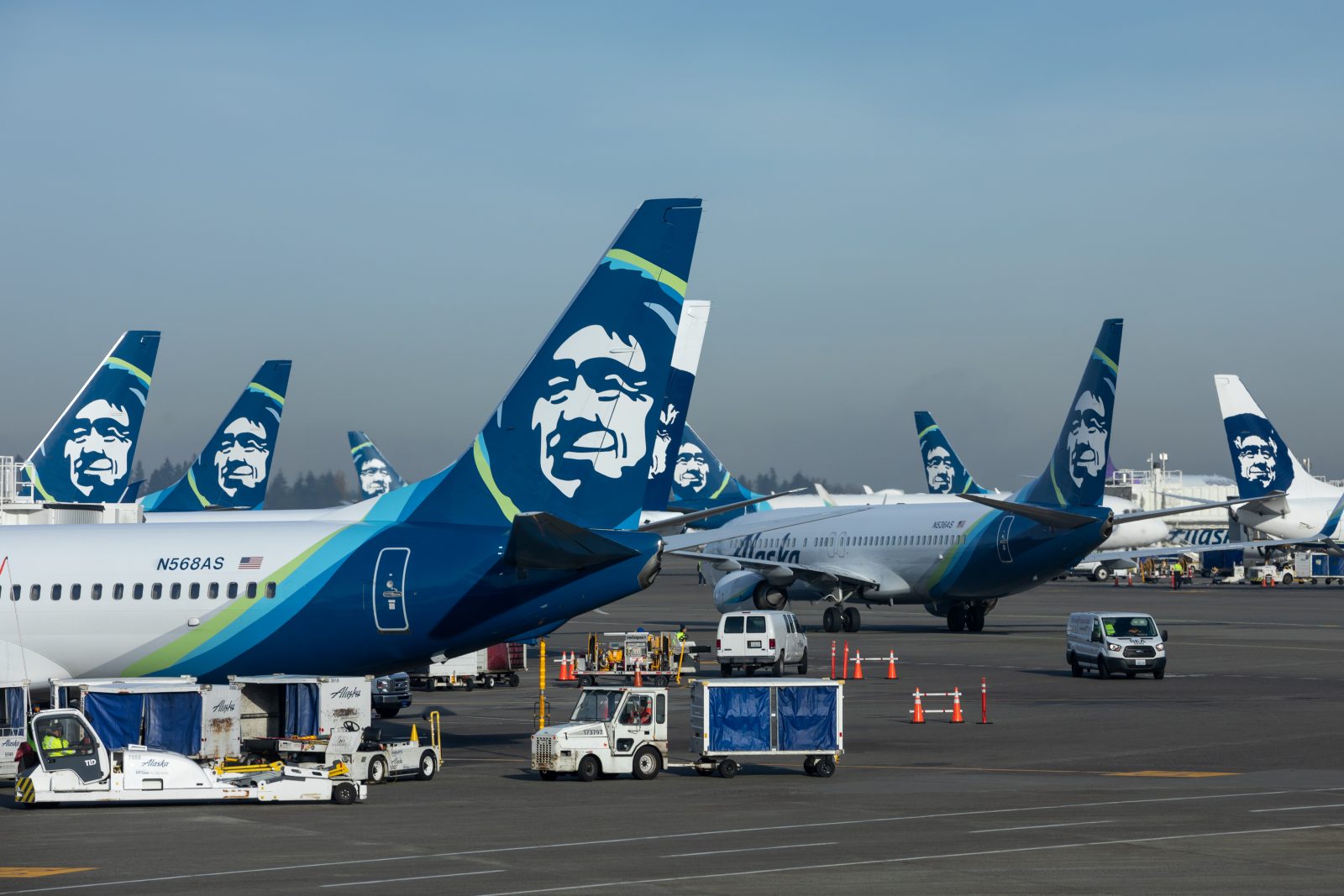
Pilots at Alaska Airlines have voted overwhelmingly in favor of authorizing a strike in a lengthy and increasingly bitter dispute over pay and conditions. The Seattle-based airline was quick to point out, however, that the strike authorization vote didn’t yet give pilots the right to stage a walkout and several hurdles still needed to be cleared for any strike to actually take place.
The vast majority of Alaska’s 3,100 pilots took part in the strike ballot with 99 percent voting in favor of authorizing a walkout, the Air Line Pilots Association (ALPA) announced on Wednesday.
The ballot comes after three years of failed contract negotiations that have become increasingly fraught in recent months. In April, around 1,500 off duty pilots staged a series of informational pickets at airports and airline bases across the United States in protest at the slow pace of talks.
“For three years, Alaska pilots have been resolved in their commitment to reach a new agreement and today, we spoke with one unified voice, just like we did with our recent informational picketing event,” commented Captain Will McQuillen, chairman of the Alaska Airlines ALPA Master Executive Council.
“For years, we have been working toward a market-based contract with reasonable solutions that address work rules, scheduling flexibility, and career-security issues that pilots at other companies enjoy, not a strike,” McQuillen continued.
“Now is the time for management to respond and engage constructively at the bargaining table.”
There is still plenty of time for the dispute to be resolved. The road to any strike actually taking place is a long one and the process is governed by rules laid out in the Railway Labor Act which can make it almost impossible for airline workers to actually stage industrial action.
Today’s ballot result gives the pilot union permission to approach the National Mediation Board to declare that negotiations have broken down. The union and airline would then be released into a 30-day cooling-off period before the federal government made a decision on whether to let the strike go ahead.
Even if approved, the government could place conditions on the strike, such as ensuring a minimum level of service to guarantee air service to remote communities.
Following the publication of the ballot result, Alaska Airlines said it remained “committed to reaching a deal to provide an updated contract that is good for Alaska’s pilots.”
The pilots union claims Alaska Airlines is struggling to recruit new flight crew because pay and working conditions aren’t in step with rival carriers. As a result, Alaska has been forced to cancel hundreds of flights due to staffing shortages.
The United States is facing a mounting pilot shortage that could give workers the upper hand in contract negotiations. United Airlines is the only major U.S. carrier so far to have agreed to an updated contract in principle with its pilot’s workforce.
Mateusz Maszczynski honed his skills as an international flight attendant at the most prominent airline in the Middle East and has been flying ever since... most recently for a well known European airline. Matt is passionate about the aviation industry and has become an expert in passenger experience and human-centric stories. Always keeping an ear close to the ground, Matt's industry insights, analysis and news coverage is frequently relied upon by some of the biggest names in journalism.







